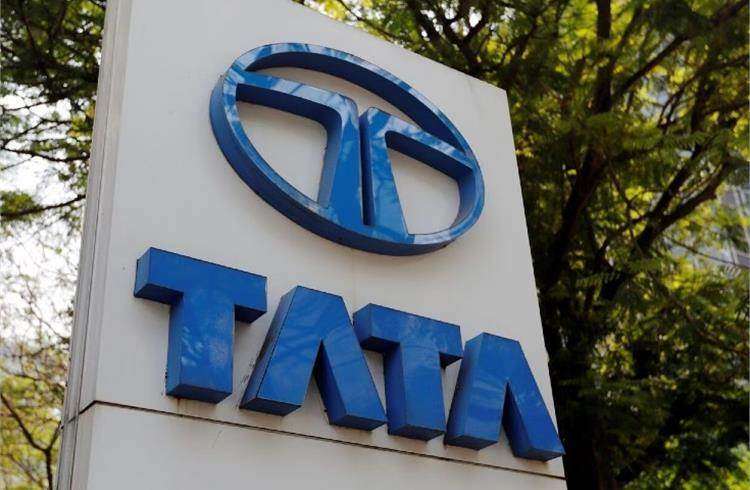Tata Motors Limited, one of India’s premier automobile manufacturers, witnessed an 8.5 percent decline in its total domestic sales for May 2025, selling 70,187 vehicles compared to 76,210 units in the same month last year. This downturn highlights the ongoing difficulties faced by the automobile sector, impacted by economic uncertainty and shifting consumer demand.
The company’s passenger vehicle segment recorded sales of 43,164 units in May, slightly down from 45,878 units sold in May 2024. Tata Motors attributed this drop to cautious spending behavior among consumers, especially in the budget and mid-range vehicle categories.
Sales of commercial vehicles showed a steeper decline, falling by 14 percent year-on-year to 27,023 units, from 30,332 units a year earlier. Within the commercial vehicle category, medium and heavy commercial vehicles (MHCVs) showed relative stability, while sales of light commercial vehicles and pickups slowed due to lower freight activity and tighter financing conditions for fleet operators.
A senior Tata Motors representative commented, “Our premium passenger vehicles continue to attract customers, but the overall market environment remains challenging. The commercial vehicle sector is particularly affected by a combination of structural and short-term factors.”
Despite the decline in sales, Tata Motors continues to hold a strong position in the domestic automotive market. The company is optimistic that upcoming product launches, alongside a growing focus on electric vehicles (EVs), will help boost future performance.
On the electric mobility front, Tata Motors reported a 17 percent increase in EV sales compared to last year, led by popular models such as the Nexon EV and Tiago EV. The company plans to expand its electric vehicle offerings in the near future, aiming to strengthen its presence in India’s sustainable transport sector.
Industry analysts note that the slowdown in May aligns with broader trends affecting the Indian automobile industry, including rising input costs, slower rural demand, and delayed monsoon impacts. The political environment following recent elections may also play a role in shaping demand during the rest of the year.
Despite the challenging month, experts remain cautiously optimistic about Tata Motors’ prospects, citing the company’s solid product lineup, strategic focus on EVs, and strong brand equity. Performance during the upcoming festive season and rural markets will be critical indicators of the company’s sales momentum for the remainder of 2025.
As the automotive sector undergoes significant transitions, Tata Motors’ May sales figures provide insight into the obstacles and opportunities facing India’s car and commercial vehicle market.



